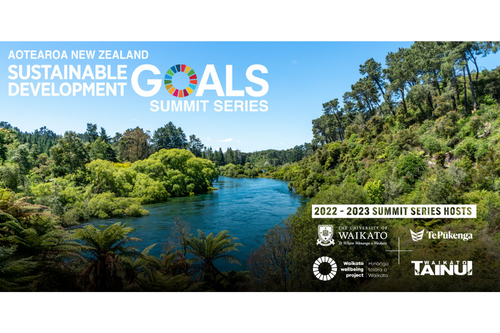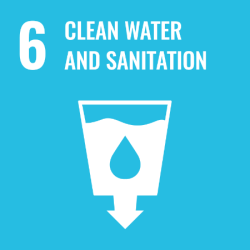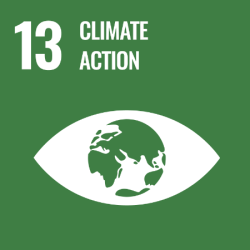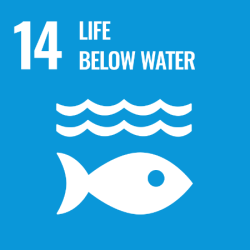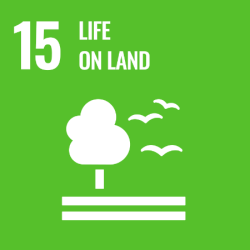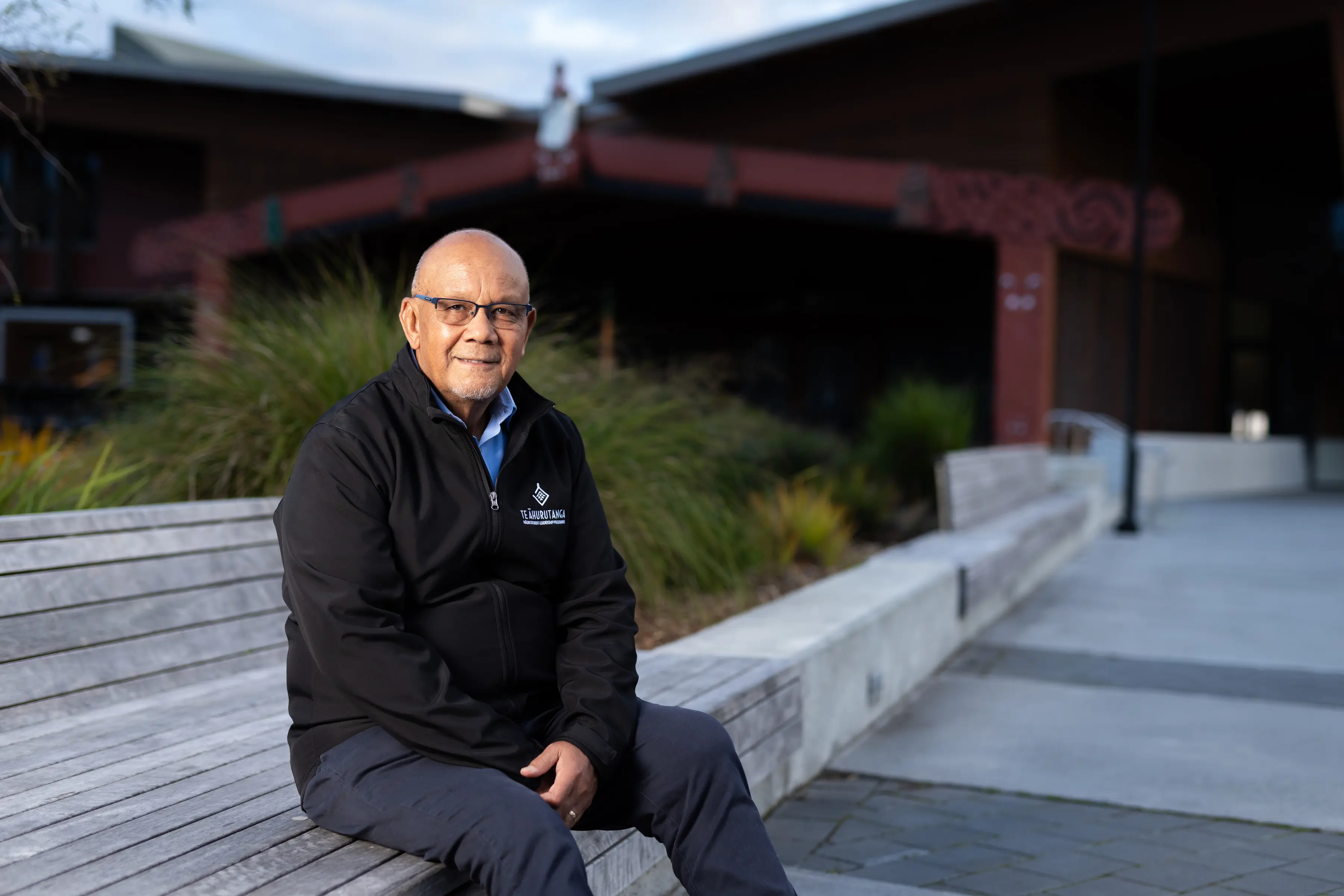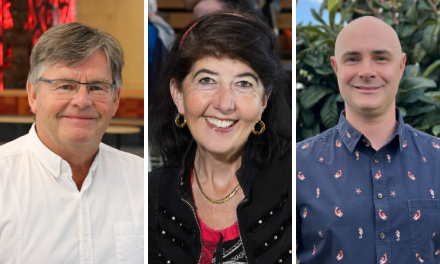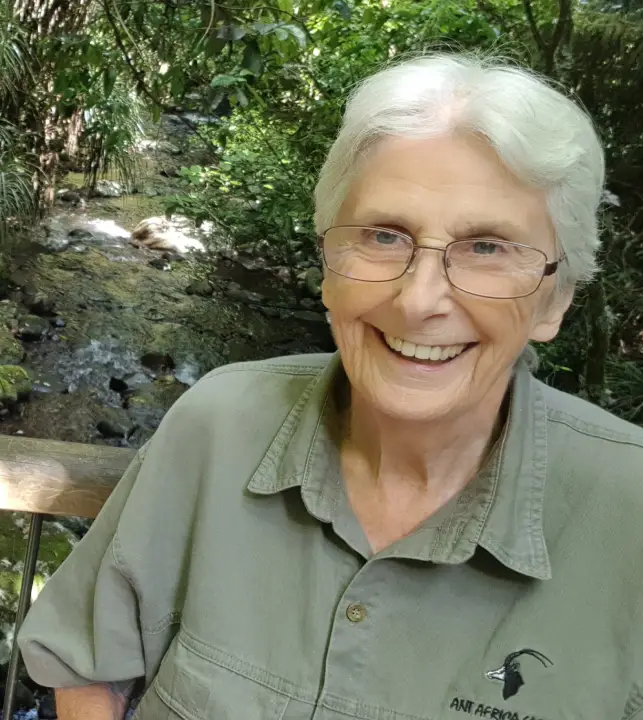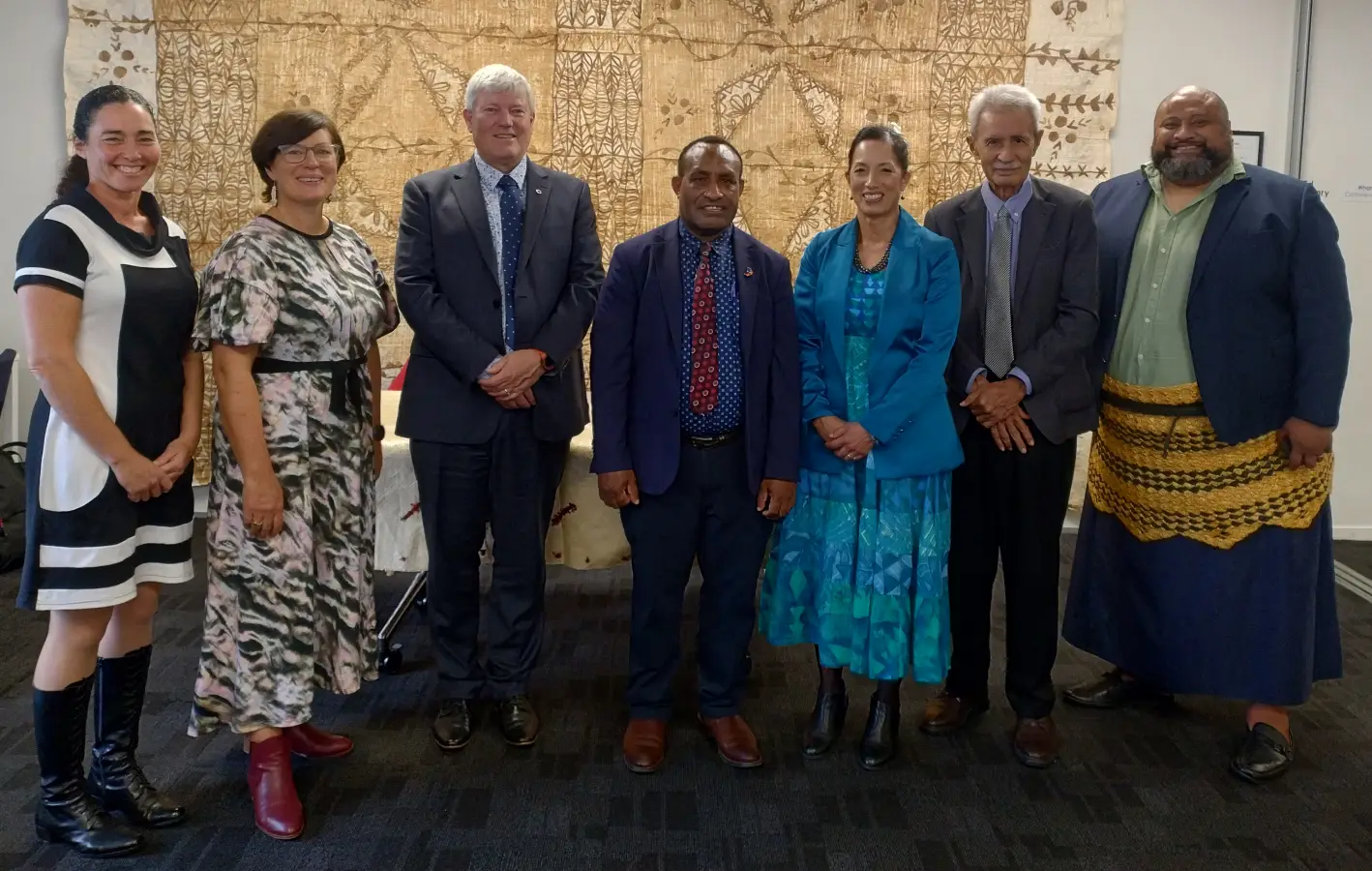University of Waikato Assistant Vice-Chancellor Sustainability, Professor Lynda Johnston is playing a leading role in the organisation of the 4th SDG Summit series and is excited about the momentum that is building and the opportunities being created to advance the goals for a better, fairer future for all.
“Our goal for this first online event is to bring together a diverse group of people who share a passion for Te Taiao, the environment,” Professor Johnston says. “We want to inspire community leaders, researchers, activists, and policymakers to come together and apply te ao Māori and mātauranga Māori to protect, restore and enhance our climate, water, land and coasts/oceans.”
Lorraine Dixon, Tribal Environmental and Climate Change Project Officer from Waikato Tainui says we have to do things differently from now on as we are facing a dramatic climatic change caused by environmental poverty at a global level.
“It's a wake up call and we cannot carry on what we have been doing since the industrial revolution. This is crucial for the survival of our future generations and our biodiversity.
“Our taiao heroes are not known to the world but they make the greatest impact to aspire towards how our place and space should function in the same condition their tupuna would’ve wanted it. They are our humble trees of the ngahere, but together they make the vast network of local roots entangled with other neighboring local kaitiaki and their communities. This summit will provide an insight of some of their work so everyone can be inspired to do good and make changes in their communities.”
Harvey Brookes, Executive Director for the Waikato Wellbeing Projects says “SDGs” and sustainable development are globally important words … but they are just words.
“What really matters is how, in our local communities and in our own ways, we discover, rediscover and support practical ways to nurture, grow and restore our environments, people and communities. Starting our summit series with the voices and knowledge of Waikato Māori is the right, and indeed the only way, for us in Aotearoa New Zealand to explore what these words and ideas might mean for us in 2022.
“We have a responsibility towards our communities both domestically and globally to think about the impact of our actions on our people and the planet, and try to enhance the positive and continuously work on managing the negative ones,” Ehsan Yaeghoobi, Te Pūkenga Sustainability Lead says. “The SDGs provide the much needed guidance for individuals and organisations of any size to work towards common goals. This Summit in particular allows us to take on the SDGs in a way that suits Aotearoa New Zealand and its specific needs.”
The co-hosts are grateful for the support of an Advisory Group (see below) incorporating people with expertise within our region.
The Summit Series
The 4th Aotearoa Summit series has a special focus on Māori, Indigenous and flax-root community perspectives when designing solutions to the SDGs or ‘global goals’.
Two more online hui - ‘Sustaining He Tangata’ (27 October 2022) and ‘Reimagining Economic Prosperity' (7 December 2022) culminate in a two-day event at the University’s Kirikiriroa campus (and online) 9 - 10 February 2023.
The SDG Summit series was inspired by a group of passionate New Zealanders wanting to collaborate across sectors to drive meaningful change by progressing the SDGs in an Aotearoa context. Summits have previously been held in Wellington (2018), Auckland (2019) and Christchurch (2020 - 2021) with Universities New Zealand playing a key role in their coordination.
Each of the three webinars explores a different element of sustainable development, recognising that all elements are interconnected. Each webinar will encourage both presenters and participants to reflect and present on how their insights contribute to an Indigenous understanding and application of sustainable development in Aotearoa in 2022 and beyond.
The overall purpose of the 4th SDG Summit is to explore dimensions of the Sustainable Development Goals framework by sharing best practice examples from the Waikato, Bay of Plenty and across Aotearoa, contributing to a growing collective understanding of how sustainable development looks in Aotearoa and in a Te Tiriti partnership context.
Save the date and secure your spot at the first online event.
Advisory Group members
- K’aute Pasifika: Rachel Karalus (CEO)
- Go Eco: Jo Wrigley (General Manager)
- Ministry of Social Development: Te Rehia Papesch (Regional Commissioner)
- Ministry of Social Development: Rauwai Herbert-Johnson (Regional Director)
- Ministry of Social Development: Cilla Abbott
- Te Puni Kokiri: Paula Rawiri, Deputy Secretary (Regional Partnerships and Operations)
- Waikato Wellbeing Project: Rana Arif (University of Waikato student leader and Rangatahi Opportunity Project)
- Enviroschools, Waikato Regional Council: Adrienne Grant
- Hamilton City Council: Julie Clausen (Strategy and Corporate Planning)
- University of Waikato and Waikato Tainui: Vanessa Clark
- Ngāti Awa Group Holdings Limited: Tracey Hook (CEO)
- University of Waikato and Shama: Priya Kurian
